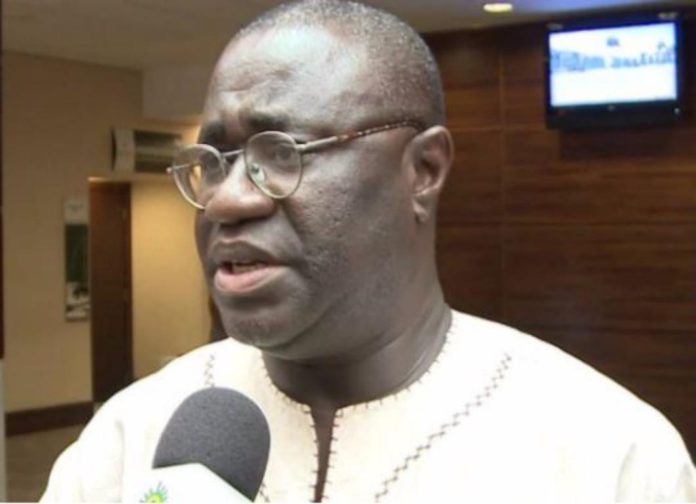Security analyst Prof. Kwesi Aning has raised concerns about the timing and perceived political undertones of recent actions by Ghana’s security agencies—particularly the demolition of the McDan warehouse and the invitation of NPP Ashanti Regional Chairman Bernard Antwi-Boasiako, popularly known as Chairman Wontumi.
Appearing on Channel One TV, on Saturday, August 2, Prof. Aning called for a critical national discussion on how and when security institutions act on intelligence and enforce decisions.
He pointed to the July 30 demolition of the McDan warehouse along the Spintex Road as an example, questioning both the timing and the legal grounds for the exercise.
“When do statutory security agencies get access to critical information upon which they act, and how should those operations be undertaken? One example is the demolition of this particular structure. When did it become law that that structure ought to be demolished? Has the fact just come out, or has the fact always been there but was politicised?” he asked.
He also cited the National Security’s recent invitation of Chairman Wontumi, suggesting both incidents point to larger issues of governance and consistency.
“The second is the invitation of Chairman Wontumi. When did it become clear that some of the activities by his company had flouted national rules? I am raising these two examples to broaden the conversation about timing, performance, and political control,” he said.
Prof. Aning warned that selective enforcement of laws could erode public trust in national institutions, noting that decisions such as demolitions must follow due process and not appear politically driven.
“When did National Security, or the council, decide that there was a need for a National Security Council-approved operation to demolish a structure? Have the facts always been known to other statutory institutions that ought to have given the permit—or ought not to have given the permit—for that structure to be there?” he questioned.
He concluded by calling for a national conversation around institutional transparency and the need for fair, consistent enforcement.
“This is about institutional capacity and, more importantly, the trust that citizens have in the statutory institutions,” he stated.
Source: Adomonline



